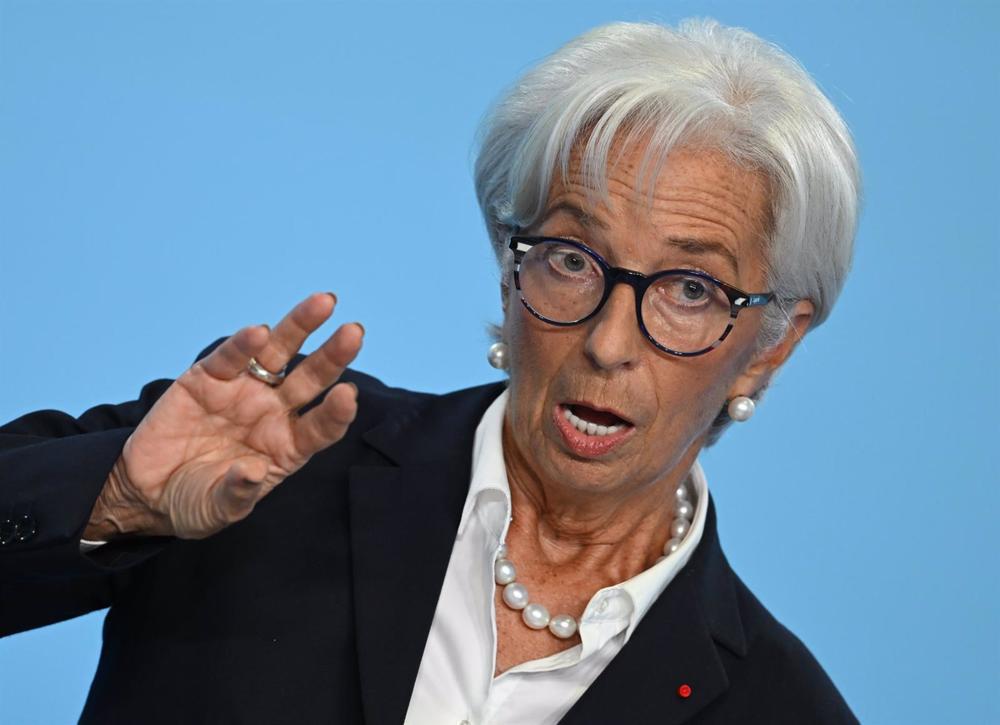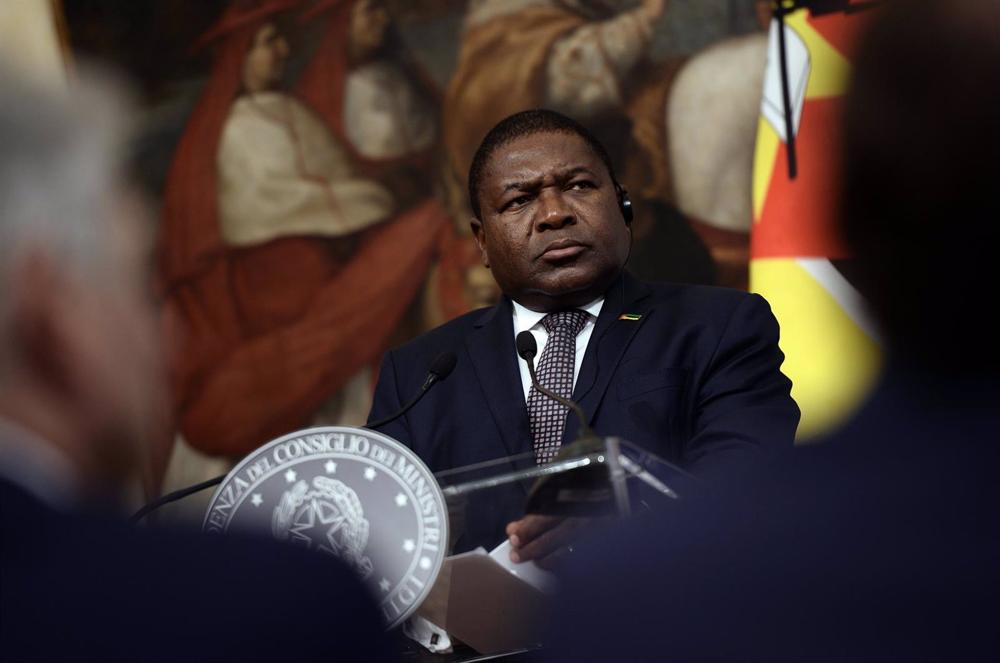
The president of the European Central Bank (ECB), Christine Lagarde, said Monday that the institution will raise interest rates as much as necessary to achieve stability and reach the «right stage», after inflation in October accelerated to 10.6 percent, a level that the central banker of the eurozone does not yet consider a ceiling for the rise in prices.
«We are not done with inflation and we have a lot to do,» Lagarde asserted during her speech before the parliamentary committee on Economic and Monetary Affairs, where she warned that she will do «what is necessary» to bring inflation back to 2 percent in the medium term, as her mandate is price stability.
Last October, inflation in the euro zone reached an all-time high of 10.6 percent, and although Lagarde acknowledged that she would like this to have been the peak, she said that this would «surprise» her, as there is «too much uncertainty», especially with regard to energy prices and the shopping basket.
«Inflation will come down thanks to monetary policies and the disappearance of bottlenecks but I still don’t see the components or the direction that would lead me to think that we have reached the peak of inflation or that it will come down in a short time,» he explained.
Faced with the «risk» of which she has pointed out that ECB economists warn her, Lagarde has highlighted interest rates as the «main and most efficient» tool to «tame» inflation in the current circumstances. «Yes, we are going to raise interest rates and we have to reduce demand. We will do it, we will not be distracted,» the ECB head stressed.
She also pointed out that the budget plans presented by the Member States may contribute to putting more pressure on the economy and, consequently, to higher inflation if they do not respond to the recommendations to include temporary measures adapted to those most affected by the current situation.
On the other hand, Lagarde referred to the proposal presented by the Commission on December 16 to establish a price cap on gas purchases, which includes several mentions of the ECB among the institutions in charge of monitoring the economic impact of this measure.
Although she avoided pronouncing herself on the matter, given that the ECB was alerted «only a few days ago», its president did advance that the institution will give a «mature and reflective» opinion on this matter to see what role it can play, how it can help and in what sense, from a purely financial point of view, it can offer some help.
However, the eurozone’s central banker has warned that she will not pronounce on the effectiveness of the tool and that, «of course, the ECB cannot act as a substitute for the decisions that must be taken and that have been demanded at the political level».






